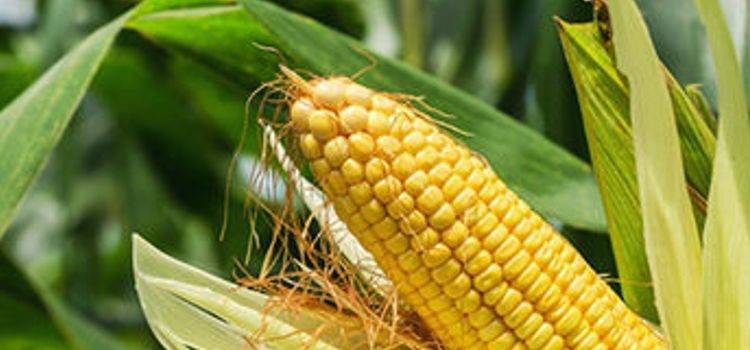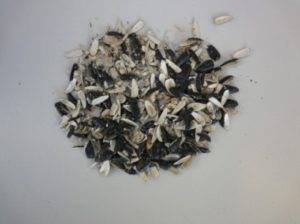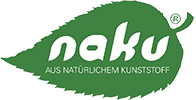
Raw materials for the production of natural plastic
Bioplastics and their natural raw materials
In principle, bioplastics can be produced from various renewable raw materials. All substances that contain starch can be used as raw materials for natural plastic (natural plastic/bioplastic). Some examples for the production of natural plastic are corn, potatoes, sunflowers, grain or sugar.
NaKu uses a starch compound made from corn for its breathable fresh-keeping bags made from natural plastic. This comes from European agriculture and is GMO-free.
We need different technical properties for the production and subsequent use of various products made from natural plastic. For example, the NaKu bottles use PLA and rPLA (lactic acid) as raw materials. This PLA is made from sugar.
Our plastic carrier bags are compostable and made from renewable resources. Our bags are therefore ideal for collecting organic waste due to their size and thin appearance. In this case, the bag can then be composted together with the waste and is still useful after its end of life. However, if our compost collection bags are thrown away empty, disposal in the plastic collection is more suitable, as the bag is recycled instead of composted. Our NaKu bottle is also in very good hands in the plastic collection and can therefore be included in the recycling process.

What is completely new is that NaKu also uses sunflowers as a raw material for the sunflower display. Here, in an upcycling process, sunflower shells are used as a raw material for natural plastic. These are a by-product of oil production.
In addition, many other substances can be used to produce natural plastic. In order to further improve our materials, additives such as oils, resins, cellulose, vitamins, water and the like are used.
